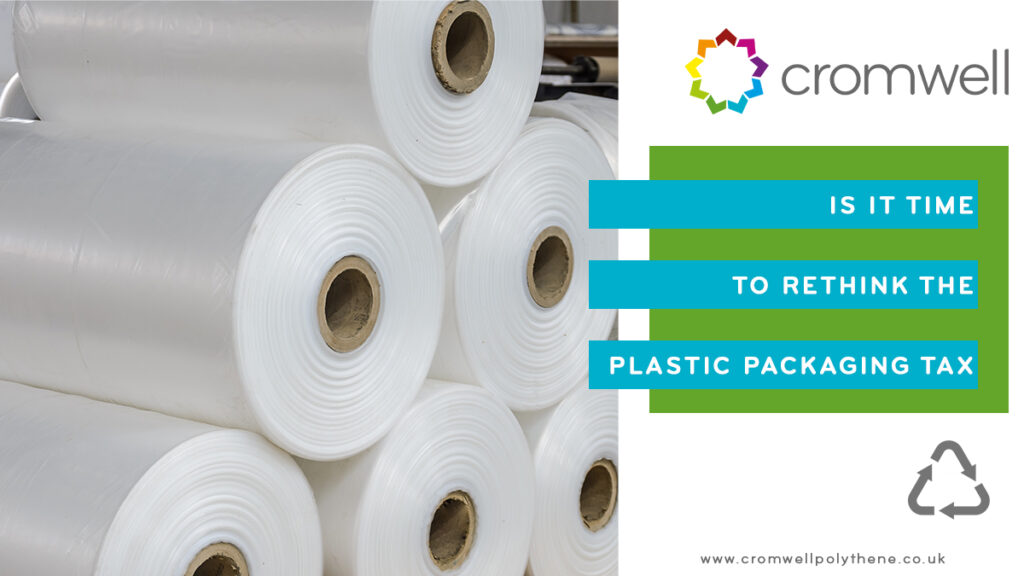The Plastic Packaging Tax was first introduced on April 1st 2022 and was applicable for manufacturers and importers of 10 or more tonnes of plastic packaging. For those who fall under this bracket, you will need to pay Plastic Packaging Tax if you have manufactured or imported plastic packaging components which contain less than 30% recycled plastic. There are many types of plastics that can be made from recycled plastics, for example, refuse sacks, bin liners etc. However for certain types of packaging, including food packaging – these types must permitted under other regulations and food safety standards.
Since it was formed 2 years ago, the Plastic Packaging Tax has now been increased twice, in line with a new financial year:
- £200 per tonne from 1 April 2022
- £210.82 per tonne from 1 April 2023
- £217.85 per tonne from 1 April 2024
Despite the tax now being in force for more than 2 years, there are still hurdles to jump-over and pitfalls to tackle. According to a study by climate action NGO Wrap commissioned by Veolia, the tax is not achieving its aims as only 22% of the material used in plastic packaging is from recycled sources (source: sustainableplastics). Whilst the increase in tonnage costs is a step in the right direction, there are calls for the recycled content minimum to be increased as well. The 30% recycled content has been the rule since 2022, however many industry experts are calling for a review and an increase on this, with some organisations recommending the government to increase the PPT to as much as 50% and GBP 500 per tonne by 2030.

A spokesperson from Veolia described the PPT as a crucial step forward to stimulate growth in the sector, but one which does need a rethink and improvements. A market needs to be created where it is cheaper to be more sustainable, and more expensive to pollute or use virgin material, which is why the sector professionals are calling for the rethink to the tonnage pricing and recycled content minimum.
Will the government take the industry specialists, and make any amends in the coming years? Time will tell, but for now, you check current government guidance about the Plastic Packaging Tax, available here.